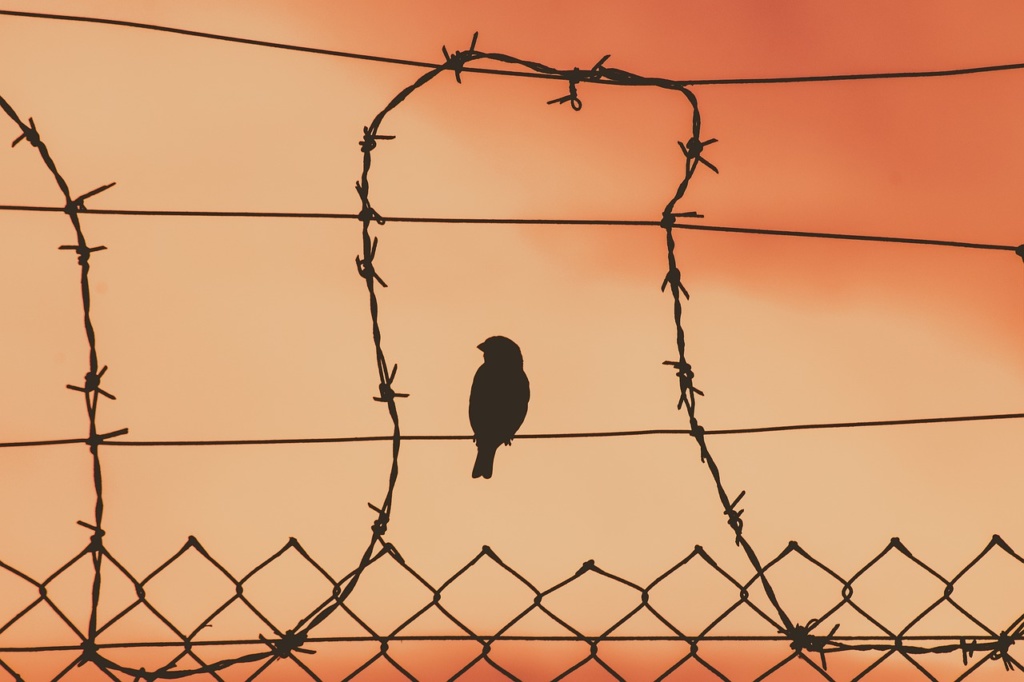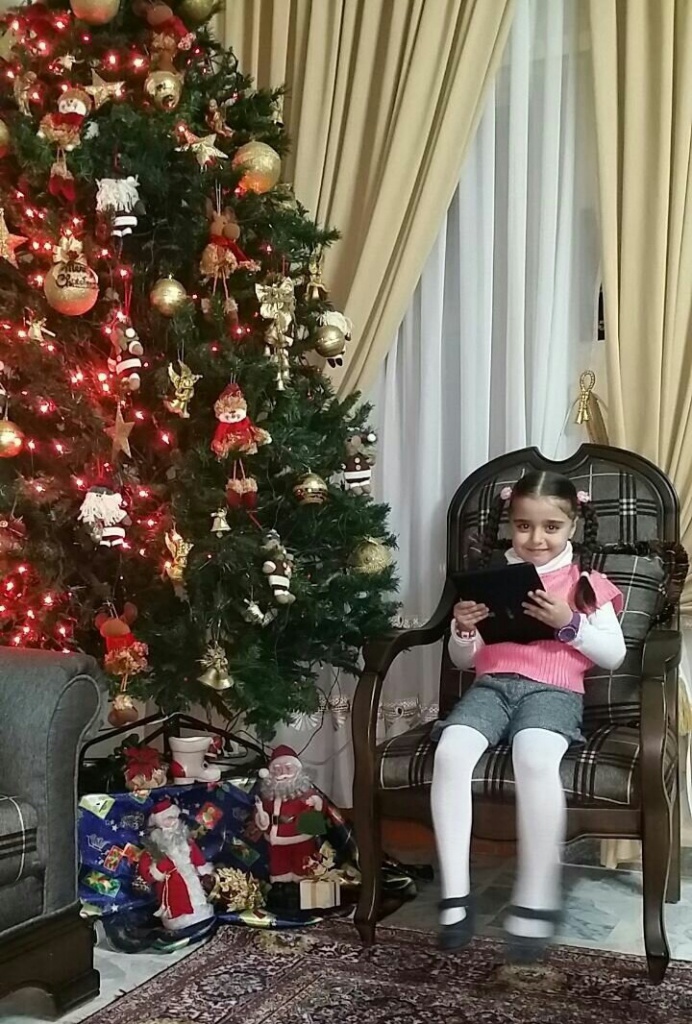Je parlais avec une amie #3/3
Une édition limitée d’anecdotes du quotidien de l’asile
« Je parlais avec une amie » : nous l’avons toutes et tous déjà entendu et nous l’avons toutes et tous déjà prononcé. Cette formule a inspiré notre rédactrice Elvana Tufa qui a décidé de partager avec vous ses petites discussions anecdotiques – mais qui en disent long – sur son quotidien de personne en procédure d’asile (english version below).
Je parlais avec une amie de choses et d’autres et soudain cette pensée m’est venue à l’esprit
Je lui ai demandé : « Ne penses-tu pas que 2021 ressemble à une loooooongue semaine qui vient tout juste de commencer et qu’on est à peine lundi ? Puis tu te rends compte qu’on va la voir passer au ralenti, avant qu’elle ne se finisse le vendredi 31 décembre ? »
Elle n’a pas répondu pendant un moment. Peut-être qu’elle était en train de regarder le calendrier ?… Le 31 décembre 2021 ça tombe vraiment un vendredi!
Cette fois, je ne parlais pas avec une amie
Cette fois, je ne parlais pas avec une amie. J’ai juste imaginé ce dialogue, parce que je suis sûre qu’elle commence à s’ennuyer de moi et de mes 5 enfants. Je suis même persuadée qu’elle fait des blagues sur eux. La prochaine fois que je la verrai je lui dirai :
« Tu sais que dans un mois, il y aura de nouveau les vacances scolaires et je me demande s’il n’y a pas des gens sympas et géniaux qui auraient inventé une imprimante 5D ? Je pourrai facilement m’imprimer 5 fois et avoir 5 clones pour m’en occuper… »
Relire les chapitres précédents de « Je parlais avec une amie » :
Je parlais avec une amie #1/3 paru dans Voix d’Exils le 21.01.2021.
Je parlais avec une amie #2/3 paru dans Voix d’Exils le 03.02.2021.
________________________________________________________________________
I was talking with a friend about random things and suddenly this thought popped into my head
I asked her :« Don’t you think that 2021 seems like a loooooong week, that has just begun and we’re still at Monday ?
But you realize that we have to see it in slow motion, in order for it to end on Friday, December 31? »
She didn’t answer for a while. Maybe she was looking at the calendar… December 31 2021 is really a Friday!
This time, I wasn’t talking to my friend
This time, I wasn’t talking to my friend. I just imagined this conversation, because I am dead sure she’s starting to get pissed of me and my five children. I’m sure she’s even making jokes on them. Next time I see or I talk to her, I will say :
« Do you know, in a month there will be school vacations again and I wonder whether there are people nice and genius enough to invent a 5D printer ? I could easily print myself in 5 copies, so I could deal with them properly. »
Read the previous chapters of « I was talking to my friend » :
I was talking to my friend #1/3 published in Voix d’Exils: 21.01.2021.
I was talking to my friend #2/3 published in Voix d’Exils: 03.02.2021.
Elvana Tufa
Membre de la rédaction vaudoise de Voix d’Exils



